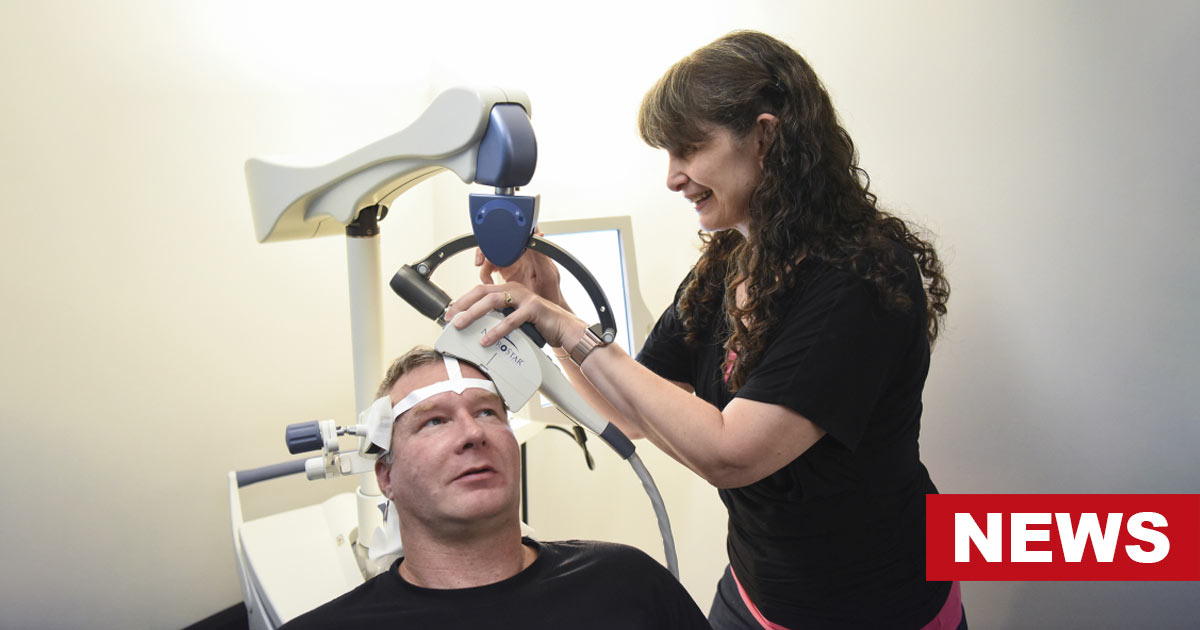Fortesa Latifi, the renowned author of “This Is How We Find Each Other”, recently wrote an op-ed for Refinery29 about her experience with magnet therapy for depression.
She described in her write-up: “Sometime toward the end of the third week of treatment, I opened my eyes and thought, I can’t wait to go make some coffee. If this sounds small to you then you have never been deeply depressed. It had been years since I had looked forward to anything. I texted my mom. I am looking forward to MORNING COFFEE. In a book, I underlined the sentence: I wonder if this sense of awe is what it means to feel alive again.”
Latifi further elaborated on her “miraculous” post-treatment improvement, something that did not go unnoticed by her loved ones.
She confessed: “My sister tells me I was like a cartoon character who had been drawn in black and white and smudged grays and that with TMS, I was back to full color. After I finished the prescribed six weeks of treatment, I returned to my life but as someone closer to the self I thought I had lost.”
Latifi wasn’t exaggerating. Clinicians and researchers alike have come out in support of this novel treatment method that uses magnets to treat relapsing or treatment-resistant depression.
Known as transcranial magnetic stimulation (TMS), this innovative technique involves the use of magnetic fields to stimulate specific areas of the brain—offering a promising alternative for individuals who have not responded well to traditional treatments like medication or therapy.
TMS originated in the 1980s as researchers discovered that magnetic fields applied to the scalp could influence brain activity and potentially alleviate mental health disorder symptoms. Through technological advancements and clinical trials, TMS has become more precise.
In practice, a magnetic coil is placed on the scalp over the targeted brain region, emitting magnetic pulses to stimulate underlying brain cells. TMS is administered over multiple sessions and is well-tolerated with minimal side effects, making it a promising non-invasive treatment option that does not require anesthesia or sedation.
Is Magnet Therapy For Depression Effective In The Long Run?
Magnet therapy has spelled wonders for individuals living with treatment-resistant depression. Long-term studies have demonstrated that the benefits of TMS can be sustained for up to one year or longer following the completion of treatment.
A spokesperson for the National Institute for Health and Care Excellence (NICE) in the UK said to the BBC: “The evidence on [the TMS’s] efficacy in the short‑term is adequate, although the clinical response is variable. Repetitive transcranial magnetic stimulation for depression may be used with normal arrangements for clinical governance and audit.”
In fact, emerging studies have revealed that TMS has the potential to substitute the best antidepressants for treatment-resistant depression, obsessive-compulsive disorder (OCD), post-traumatic stress disorder (PTSD), and certain types of chronic pain.
However, caution regarding its use should be exercised as it frequently induces headaches and may put at risk patients who experience migraines and seizures. Additionally, further research is needed to explore the optimal treatment parameters, such as the ideal frequency, intensity, and duration of TMS sessions.






















